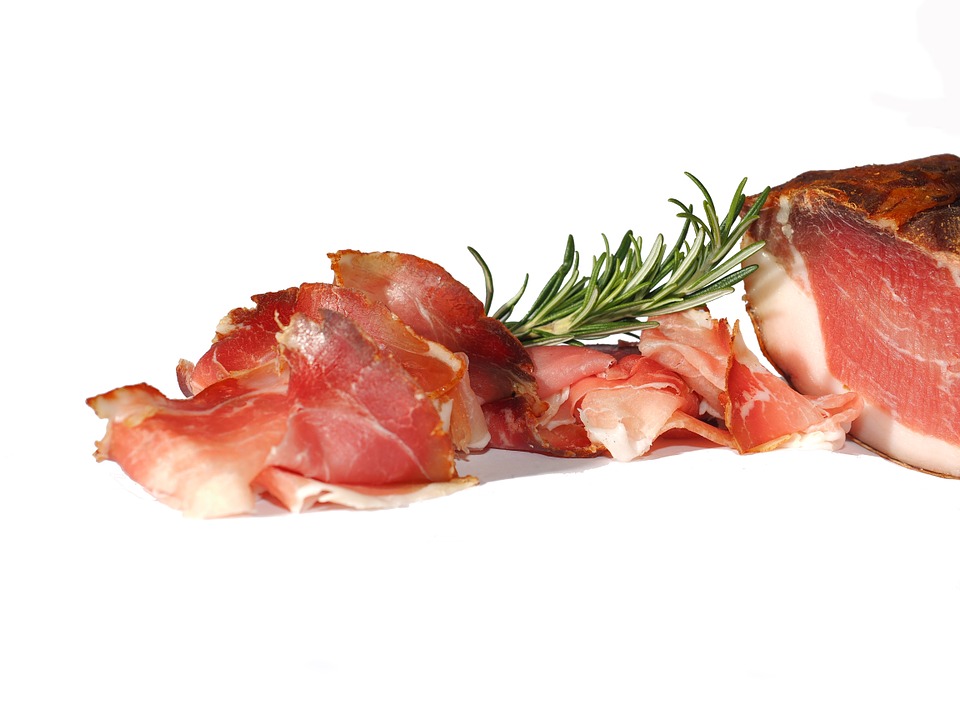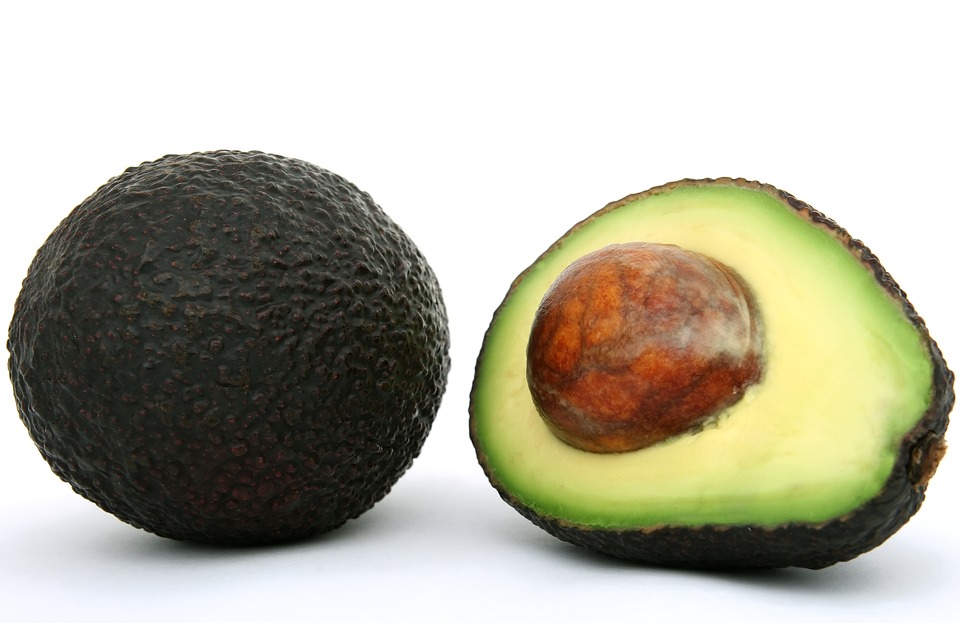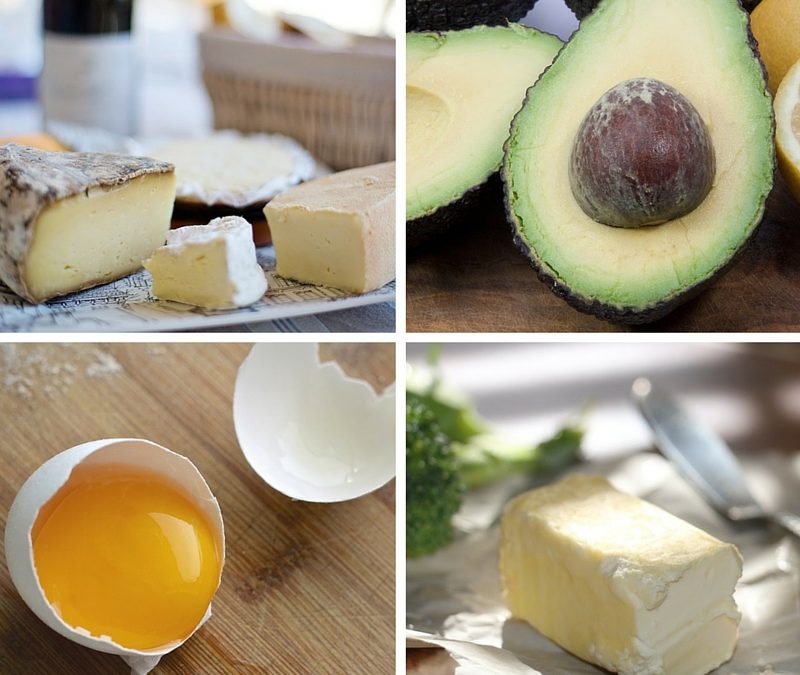Have you ever…
Counted calories?
Felt constantly hungry?
Had day-long sugar cravings?
Ordered an egg white omelet?
If you answered yes to any of these questions, boy have I some good news for you. You don’t have to do any of those things again!! It’s time to correct some wrongs and lay on some truth about FAT!
It was on my drive to work where I stumbled across two incredible podcasts that changed my life and my entire view of food. The first was Fat Burning Man by Abel James and the second was Bulletproof Radio by Dave Asprey. Both men advocated a high-fat, low-carb diet. Each word that they said resonated with me and just made sense.

I had been working out tirelessly twice a day, eating the typical low-fat, high-carb diet, and was only growing more frustrated with the lack of change in my body and the declining nature of my health. So with their amazing advice I went full tilt!
This meant LESS EXERCISE. MORE FAT. LESS CARB. AND BUTTER!
Yes, ma’am…butter.
You might be saying to yourself right now, “but I read this study…” Unfortunately, many of the studies that are out there are done to prove a predetermined point that satisfies larger interests.
As Liz Wolfe from Eat the Yolks puts it, “While it is important to be aware of current research and scientific studies to bolster our knowledge and support our own common sense, it’s also important to understand exactly what we’re looking at so we don’t get caught with our pants down”.
So just like you can’t trust everything you read on the internet, you also can’t trust everything you read in a study. John Ioannidis, one of the most highly regarded researchers in the world, stated in his 2005 paper, “Why Most Published Research Findings Are False”, that “the hotter the scientific field, the less likely the research findings are to be true”. And let’s be real, the high-fat vs low-fat question is on fire right now.
“The hotter the scientific field, the less likely the research findings are to be true” – John Ioannidis
The fact is that calories, cholesterol, and fat are not the enemies. They are actually essential to our health! As journalist Nina Teicholz stated in her Shape Magazine interview for her book The Big Fat Surprise: Why Butter, Meat & Cheese Belong in a Healthy Diet, “The best and most rigorous clinical trials of the past decade demonstrate that a high-carbohydrate diet has worse outcomes for health in terms of obesity, heart disease, and diabetes than a diet higher in fat. On a higher-fat diet, people lose weight, and heart disease and diabetes markers improved.”
The truth is that if you switched to a high-fat and low-carb diet you would not longer be shopping in the inside aisles of the supermarket anymore. No more Quaker Oats, no more Oreos, and no more Coke…and they wouldn’t like that very much.
“On a higher-fat diet, people lose weight, and heart disease and diabetes markers improved.” -Nina Teocholz
Here are a few common questions I first asked:
But won’t all that cholesterol from egg yolks raise my cholesterol?
As Wolfe cleverly states, cholesterol is really just the Old Man Marley from Home Alone of the food world. Really misunderstood. The truth is that your body will maintain a level of cholesterol whether you eat it or not. But if you do eat foods higher in cholesterol, this “eases the body’s burden and is associated with improved cognitive function” (Wolfe). Your body wants the cholesterol; your body needs the cholesterol. Give it to your body!
But won’t fat make me fat?
If you really think about, what are the easiest things to overeat? Pasta. Bread. Cookies. It is easy to overeat on carbohydrates and still be left feeling full and unsatisfied. Not only that, but you end up craving sugar even more than before.
It is far more difficult to overeat on a steak dinner with a big slab of guacamole. Plus, I bet you will be left feeling full and satisfied after that meal. On a high-fat diet, you actually end up eating less, feeling full longer, and leaving your meal more satisfied. “Eating a high-fat, low-carb diet is the easiest way to inadvertently eat less without sacrificing satiation or satisfaction. It also improves your ability to access stored body fat rather than lean mass, which is helpful for fat loss.” (Sisson)
So I can eat a real omelet and real butter and still lose weight? Yes!
“It is far more difficult to overeat on a steak dinner with a big slab of guacamole.”
But doesn’t your brain need carbs to run?
It is true that your brain does require glucose. But what is great about the body, is that it can run on glucose, but it can happily run on fat as well. “Your body, through a process know as gluconeogenesis, can make up to 150 grams of glucose a day – more than the brain even needs (roughly 120 grams/day)” (Sisson). Therefore, your body will create all of the glucose it needs, allowing your brain to be free to run more efficiently on fat-derived ketones created by your low-carb, high-fat diet.
After all, our bodies don’t store carbohydrates, they store fat. This is because fat is the ideal energy source for life.

So what diet do I follow?
Honestly, it’s not about which diet is better. It’s not about what has been popularized or propagandized in our culture. It’s about knowledge. It’s about what kind of nutrient-dense food makes you feel the best and helps your body to run the best.
So if you’d like some tips for getting started, here are mine:
- Eat real food.
- Drink water.
- Cut out the processed foods, sugars, and grains.
- Eat fruit in moderation.
- Eat fat like avocados, nuts, and cheese for snacks.
I know this was a bit of a long post so thank you for hanging in there with me!! If you have any questions or comments, please feel free to leave those in the comment section! I hope you enjoyed this post!

If you would like more information on this topic, I recommend the following books (and you can also check out their blogs!):


